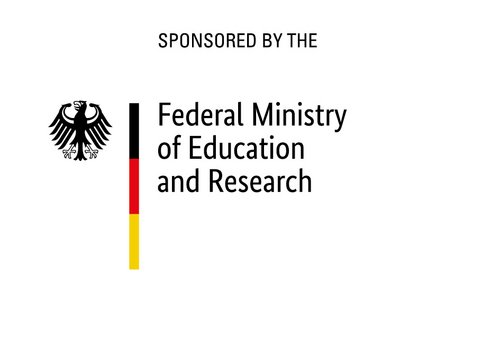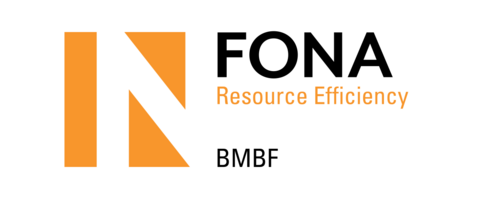Within the project "DiLinK" the researchers develop, test and disseminate innovative digital solutions as well as cooperation concepts for the resource-efficient closing of resource loops for the plastics industry. The focus is on secondary plastics, such as production residues, packaging and recycled plastics. Through research and development into digital solutions, the project contributes to increasing the quality of recycled materials. This is achieved by providing information on the availability of recycled materials.
This research is particularly concerned with the development of sensors in the field of process measurement technology and the subsequent data processing and transfer with appropriate software. The software will be tested by plastics converters, commercial end users and recyclers in cooperation with companies. This will enable them to collect, process and recycle secondary plastics in large quantities that have not yet been used or have been used in poor quality. In this way, waste can be avoided and the value of products, components and raw materials is preserved in the long term.
On the basis of problems such as information deficits and practical requirements, the scientists develop and test an innovative process measurement technology that collects online or inline data on the quality of the materials. These can then be used in other applications to close material loops in a resource-efficient way. The project team then develops software that collects, processes and exchanges the information. All relevant actors mentioned above will be involved in order to enable the establishment of trustworthy information networks across different value creation stages and industries. This also increases the overall raw material productivity of the plastics industry and its resource efficiency. At the same time, the DiLinK project team is developing concepts that allow a broad connectivity in the plastics industry and provide recommendations for action for political decision-makers. The new findings should also be passed on to other relevant social actors, which should promote a resource-efficient circular economy.



